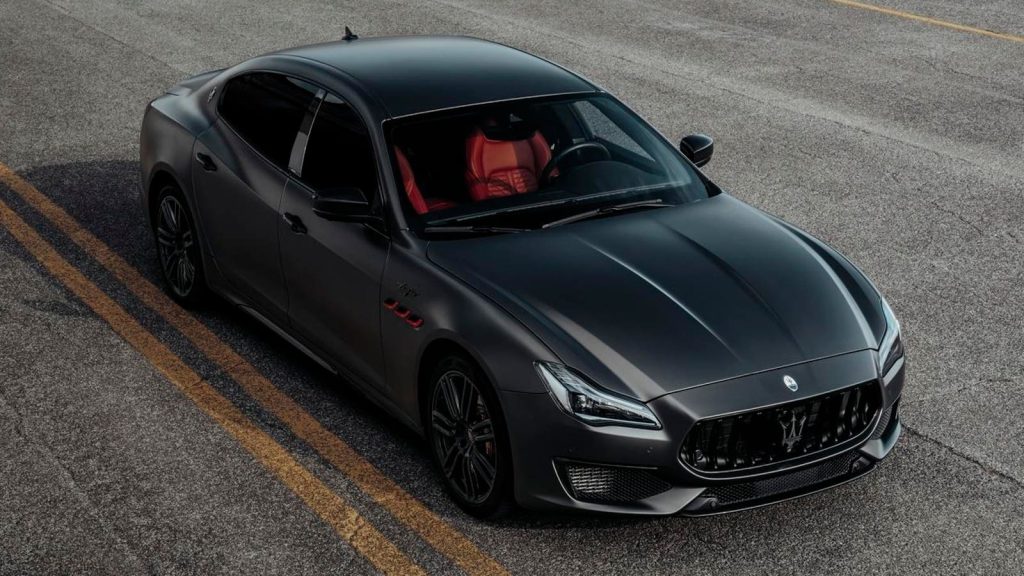New-vehicle shoppers face a hodge-podge of numbers in the course of conducting their research, from horsepower and torque ratings to passenger and cargo volume measurements and fuel economy estimates. But the number-one number that packs the most punch in terms of a motorist’s financial bottom line is a car or truck’s predicted depreciation.
In a separate post we featured a list of which new vehicles can be expected to hold onto their original values the most tenaciously over time, led by the iconic Porsche 911 sports car, which is predicted to lose a mere 9.3% of its initial worth after five years. That’s according to a study of depreciation rates among 1.1 million vehicles that changed hands over the past year conducted by the online auto marketplace iSeeCars.com.
Choosing a model that’s predicted to retain its original worth more tenaciously than others is one of the most lucrative ways to minimize one’s long-term ownership costs. A given vehicle that depreciates at a slower rate than a comparable model will bring back more cash at trade-in time to either pocket or use as the down payment on a new model. It’s also a critical factor for those leasing rather than buying and financing a vehicle outright, as the transaction costs are largely based on the difference between the initial transaction price and what it will be worth (its “residual value”) at the end of the term.
On the plus side, the report notes that new vehicles of all types are holding their value better today than they did during the pre-pandemic era, when the average car would lose around half of its value over five years. In 2023 it stands at an average 38.8 percent.
While the study predicts that pickup trucks, sports cars and small sedans and SUVs will be among the best performers in this regard, full-electric vehicles will be the worst. Models in this category, including class-leading battery-powered rides from Tesla, can be expected to lose an average 49.1% of their values after a half decade on the road. Costly luxury sedans and SUVs can likewise be expected to take an especially heavy hit at resale time, especially because there’s more money at stake to lose.
The worst of the bunch in terms of accelerated depreciation is the otherwise sleek and posh Maserati Quattroporte luxury sports sedan, which the website predicts will drop a whopping 64.5% of its resale value after 60 months. That translates to a staggering $90,588 lost to depreciation.
Below are the 15 current models iSeeCars.com predicts will bring the lowest five-year rates of return, with the average loss in original value noted as both a percentage and dollars lost:
- Maserati Quattroporte: -64.5% ($90,588)
- BMW 7 Series: -61.8% ($72,444)
- Maserati Ghibli: -61.3% ($58,623)
- BMW 5 Series Hybrid: -58.8% ($37,975)
- Cadillac Escalade ESV: -58.5% ($63,885)
- BMW X5: -58.2% ($44,828)
- Infiniti QX80: -58.1% ($47,399)
- Maserati Levante: -57.8% ($55,858)
- Jaguar XF: -57.6% ($39,720)
- Audi A7: -57.2% ($48,917)
- Audi Q7: -56.8% ($41,731)
- Cadillac Escalade: -56.5% ($59,093)
- Audi A6: -56.3% ($38,252)
- Volvo S90: -55.8% ($35,365)
- Nissan Armada: -55.7% ($36,875)
Source: iSeeCars.com. The full study, including by-segment results, can be found here.
Read the full article here
